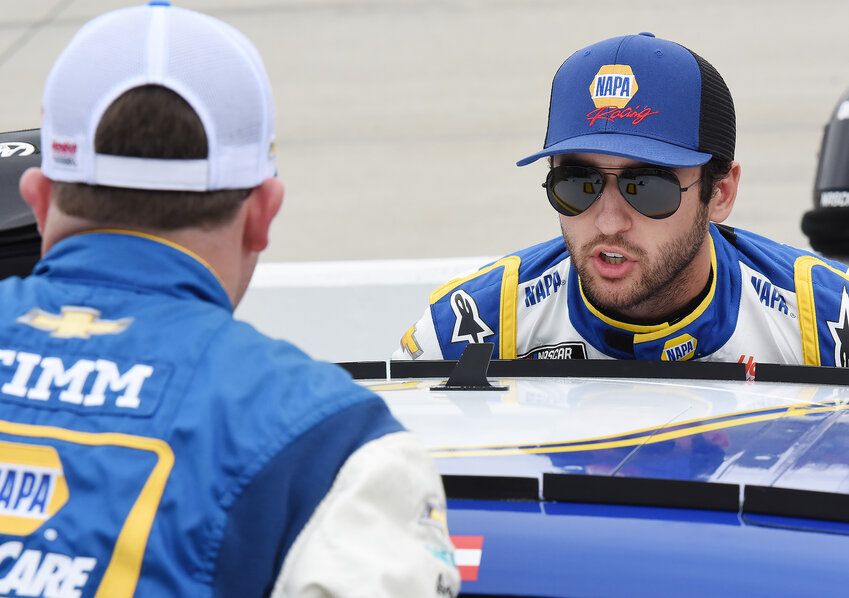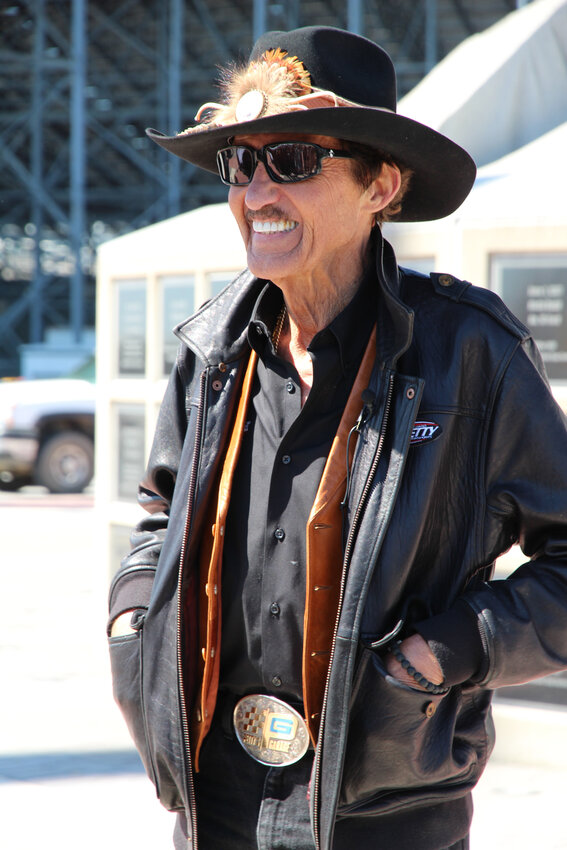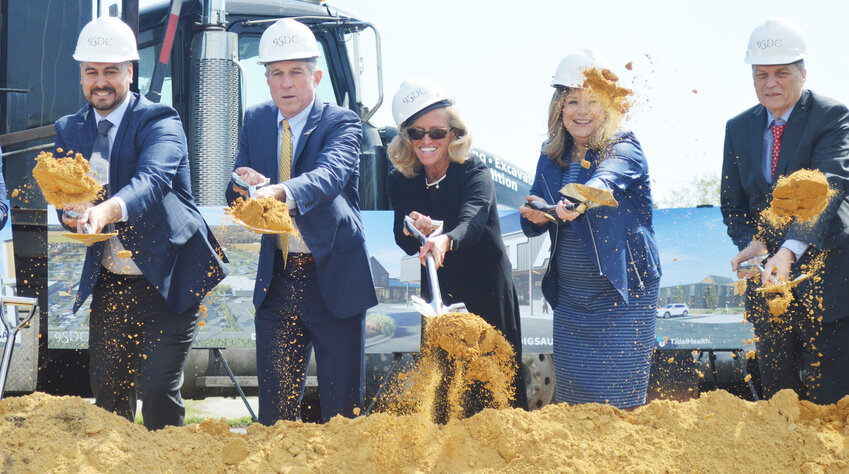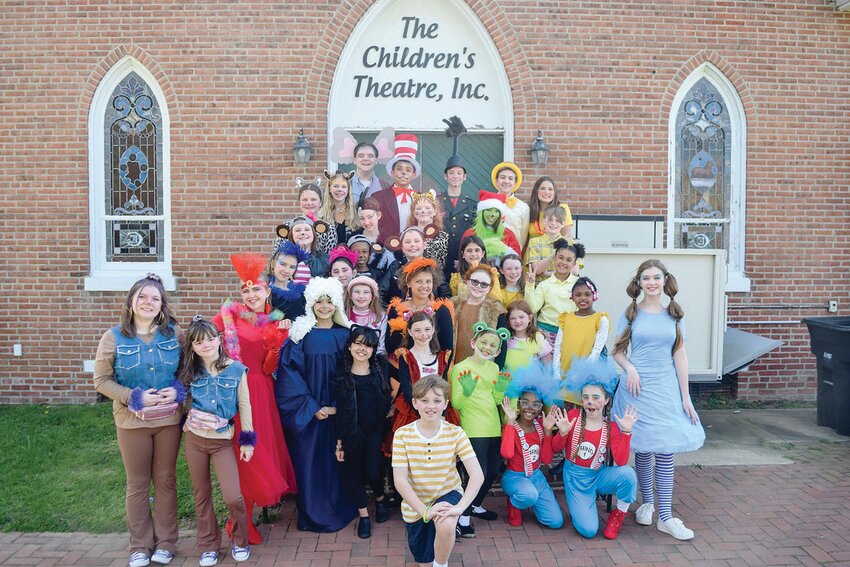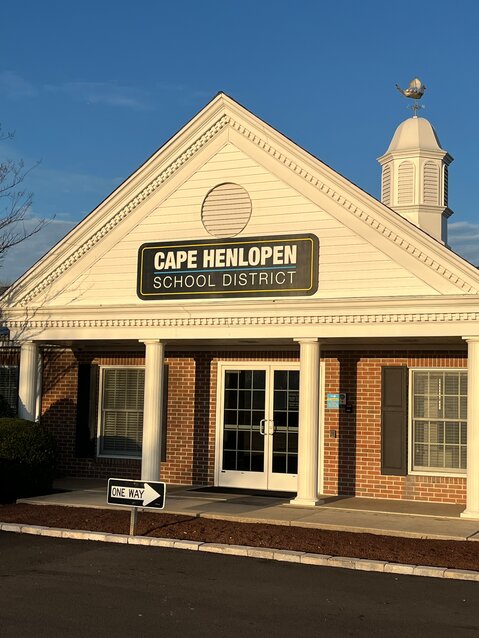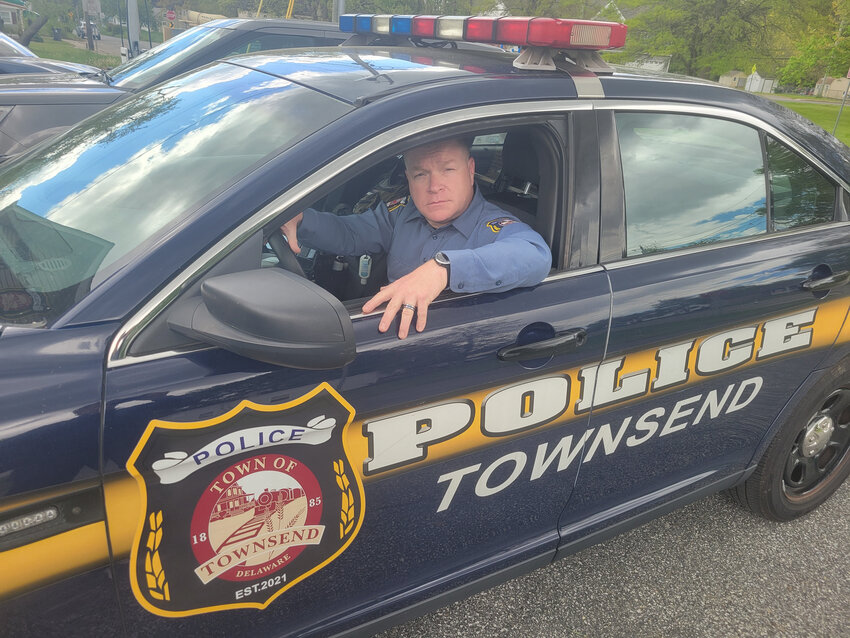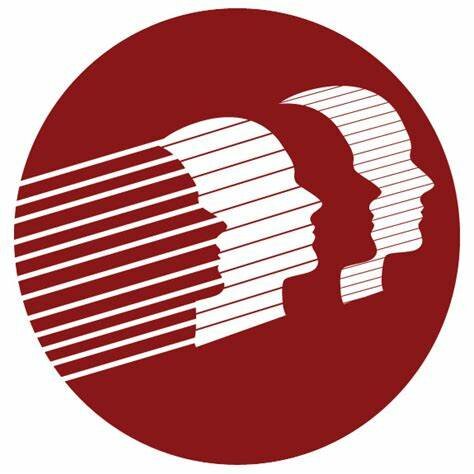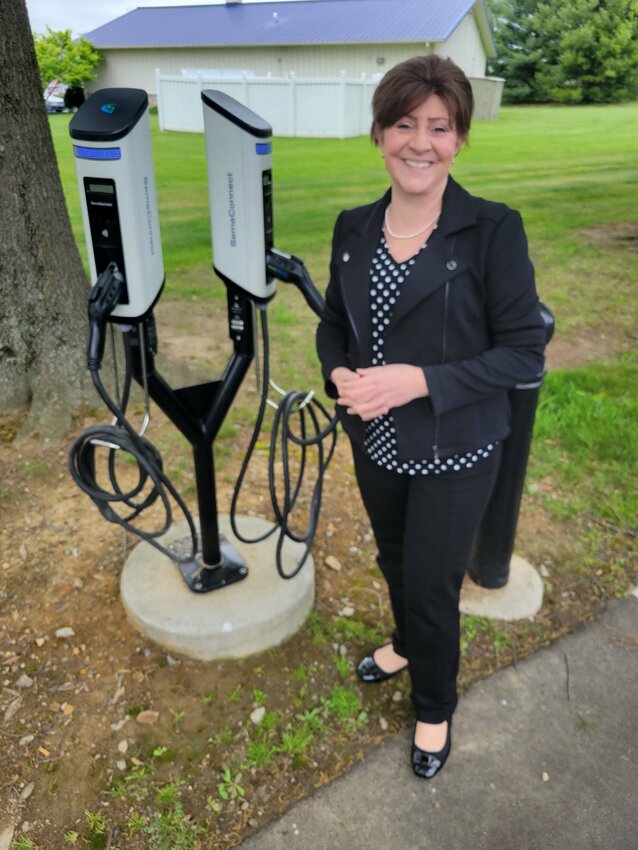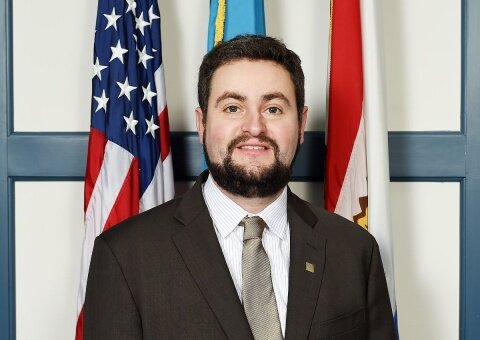Bowman looks to bring winning act to high banks of Dover
DOVER — The best birthday present that Alex Bowman could get this weekend would be a second Miles the Monster trophy for winning Sunday’s Wurth 400 Cup Series race at Dover Motor …
-
-
New Dover football coach wants to hit the ground running
DOVER — Maurice Paulk knows that the start of next football season is only about four months away. He also knows that Dover High’s …
-
-
-
Delaware officials underscore urgency regarding drug use
Lt. Gov. Bethany Hall-Long and leaders from the Department of Health and Social Services, along with partner agencies, led a briefing Monday to …
-
-
-
Townsend officer earns top Delaware Crime Stoppers award
TOWNSEND — He served as an Delaware Assistant Deputy Attorney General prosecuting child support cases.
-
-
DOVER — There’s a “King” who wears a cowboy hat in place of a crown, along with trademark wraparound sunglasses. His scepter is the steering wheel of his No. 43 race car, …
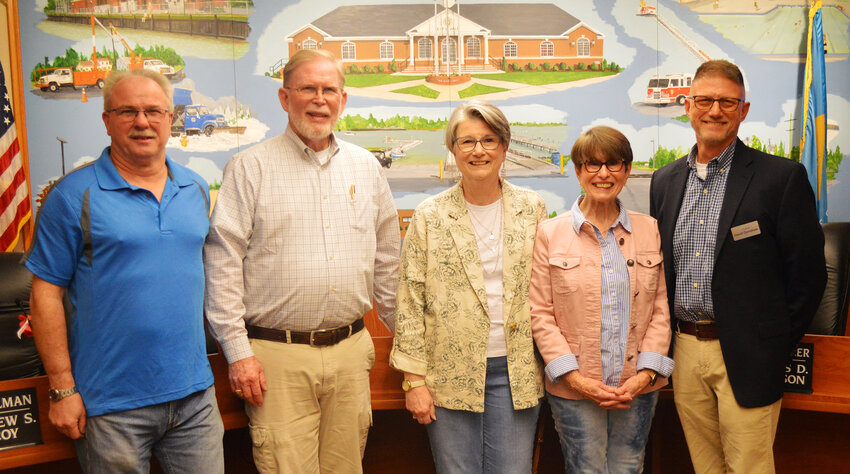
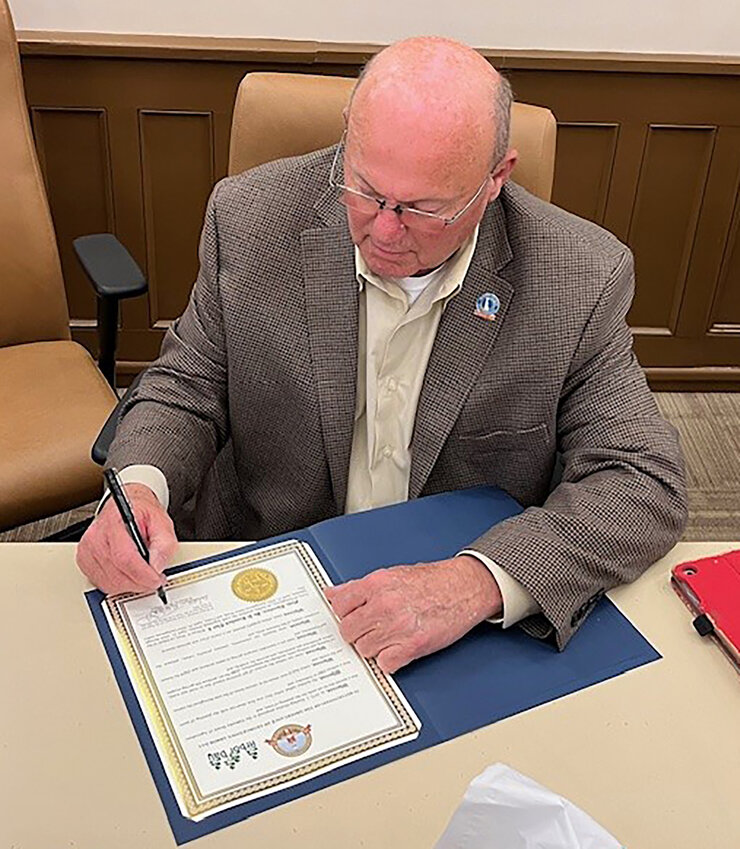
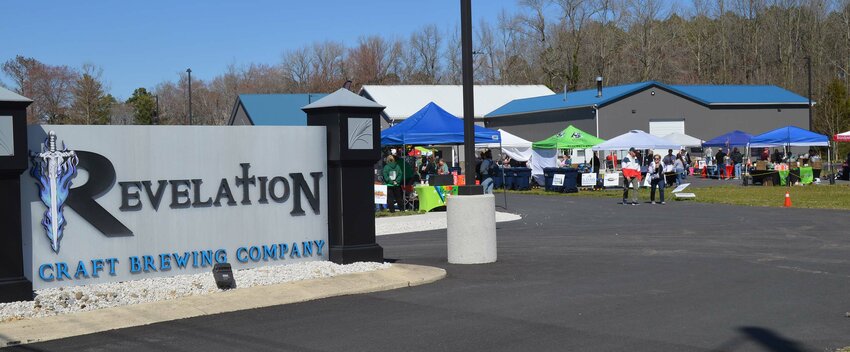
View this issue of The Delaware State News or browse other issues.
Disclosure
-
-
Mason: There’s a lack of confidence in Dover’s leaders
After reading about the string of headline-making violence in Dover within the last month, I think it’s time for a change in our city …
-
-
-
Speak Up: How do you feel the housing situation stands in Delaware?
We’ve been reporting on housing data in the First State and whether there are enough affordable residences for citizens of every financial …
-
-
-
Rothenberg: Website offers key info about school board elections
School board elections are grassroots democracy at its best. In Delaware, you don’t even need to be registered to vote to cast your ballot; …
-
-
Marijuana ordinance clears planning and zoning
GEORGETOWN — The Sussex County Planning and Zoning commission voted to advance the ordinance governing marijuana establishments to the county council during its April 24 meeting, sending it …

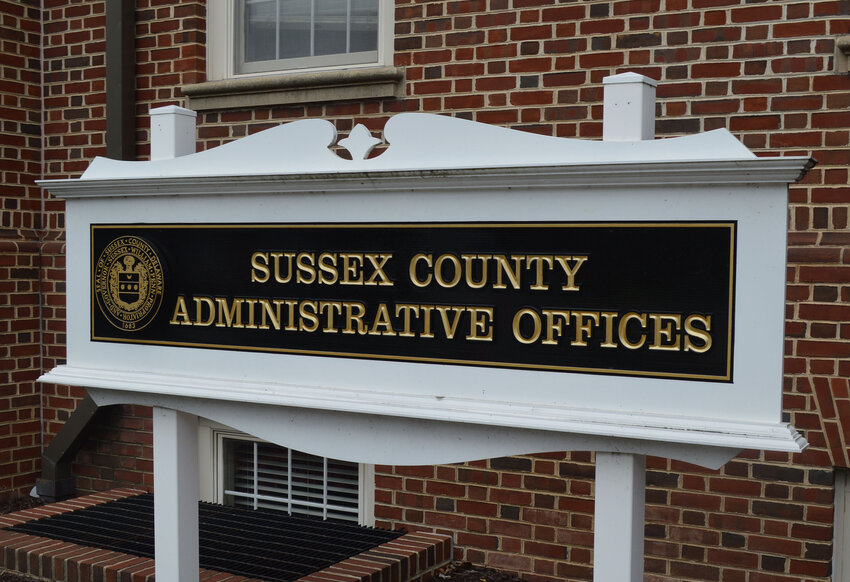
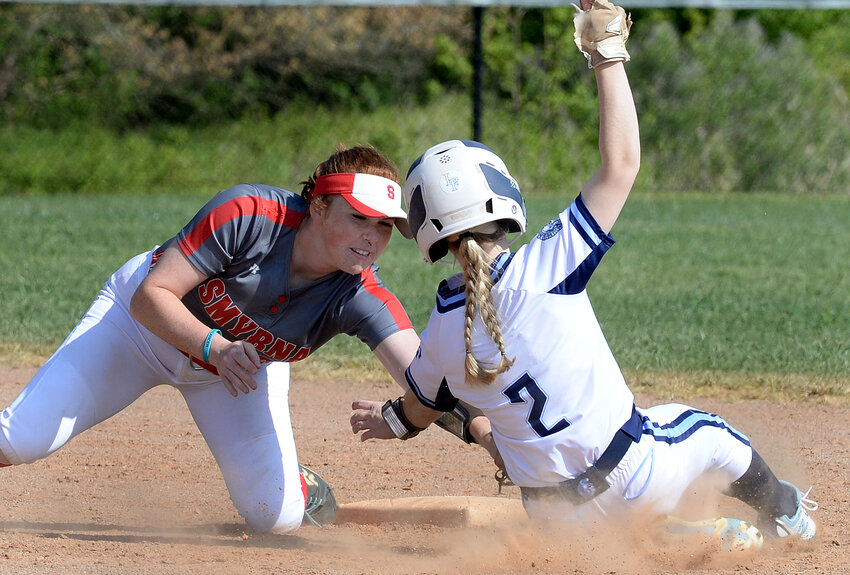
Downstate Delaware high school scores
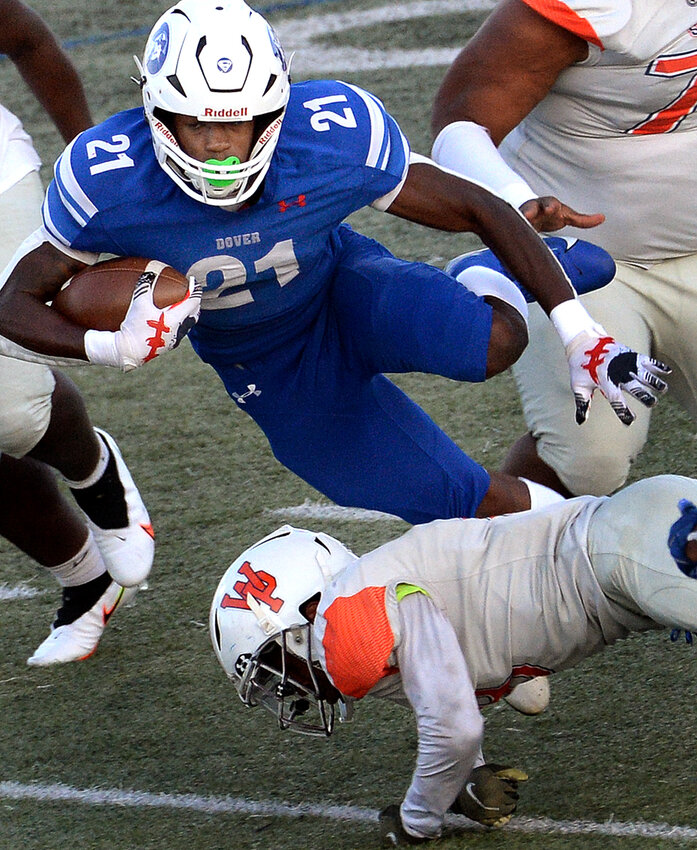
Rosters named for Blue-Gold all-star football game

DIAA takes next step in allowing student-athletes to be paid
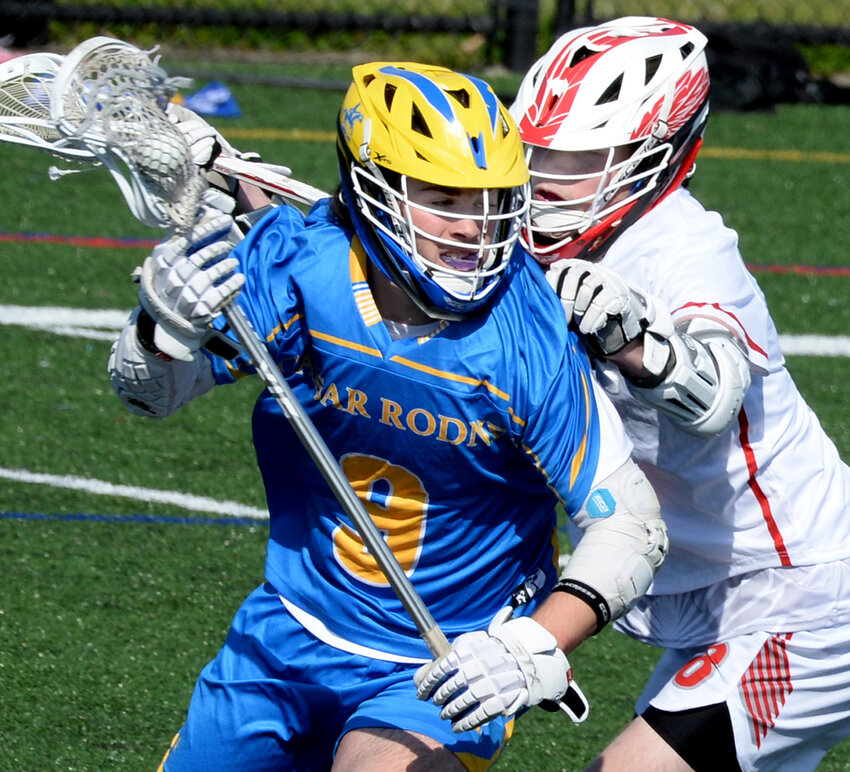
Photo gallery: Caesar Rodney vs. Smyrna, boys' lacrosse
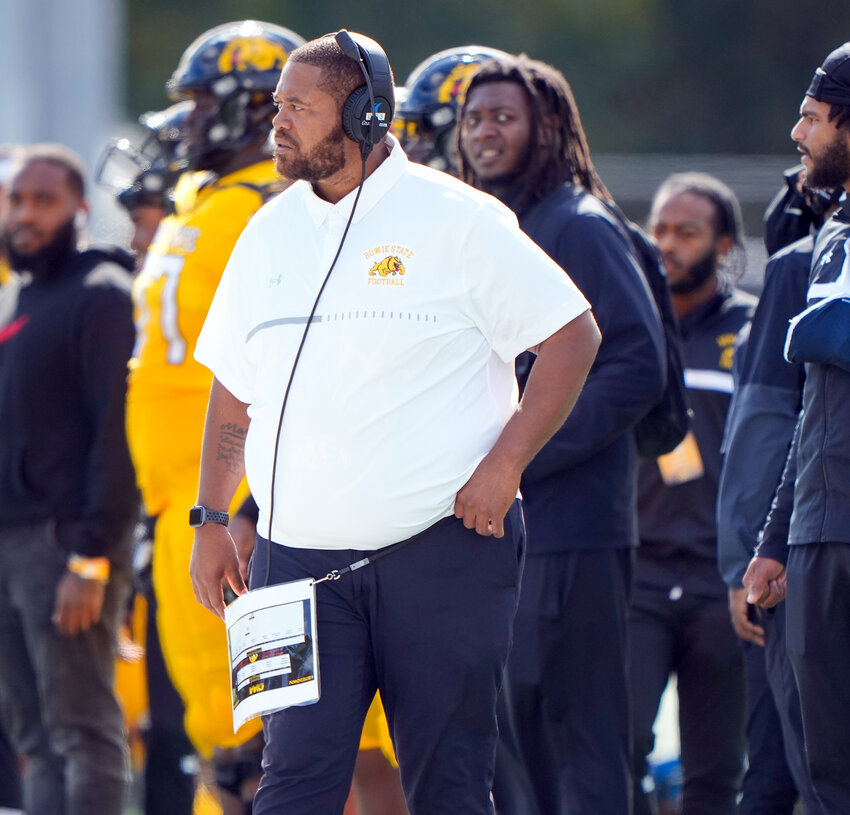
New Dover football coach wants to hit the ground running
More Sports



